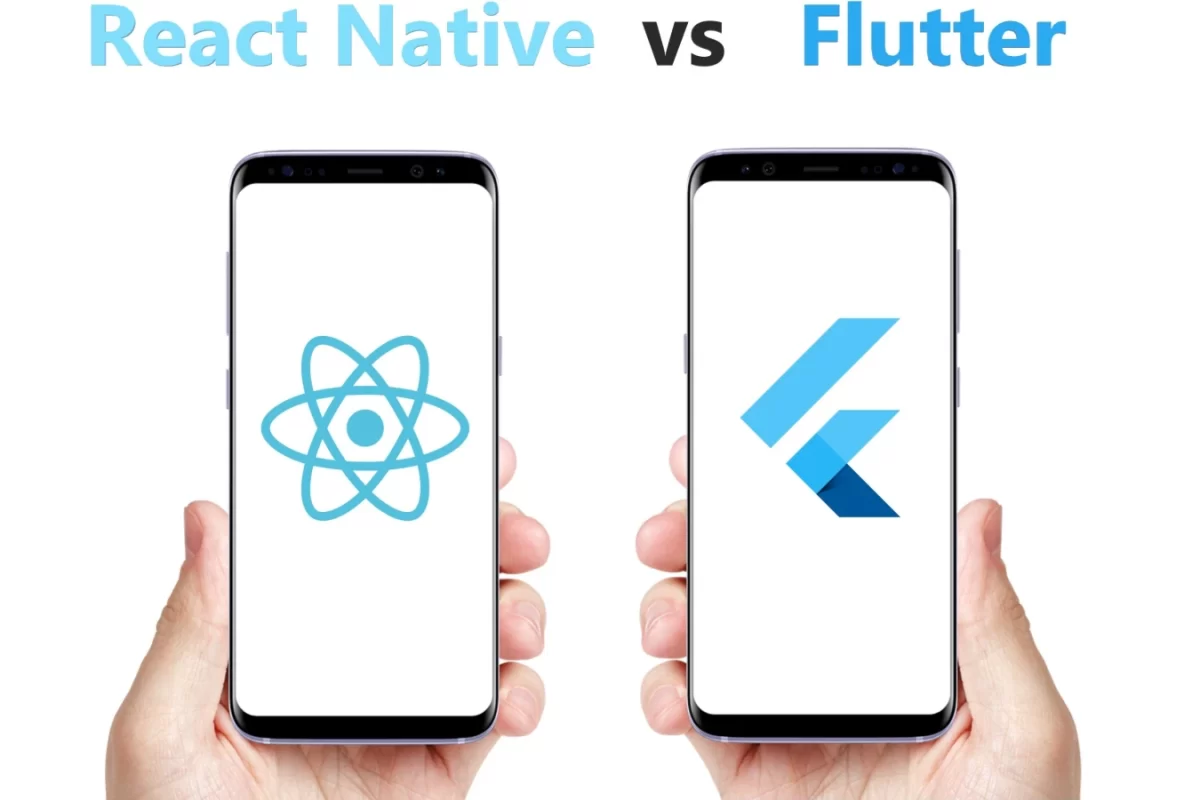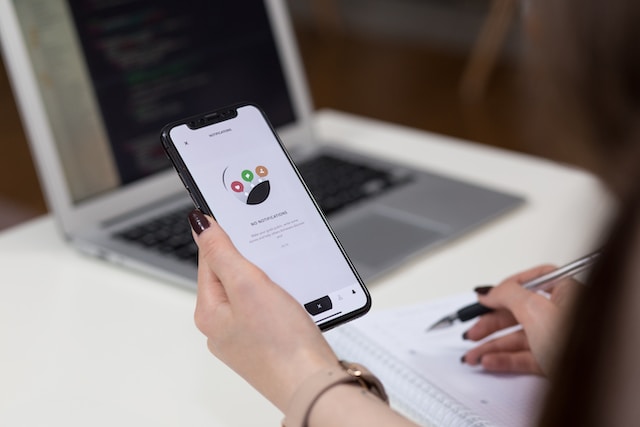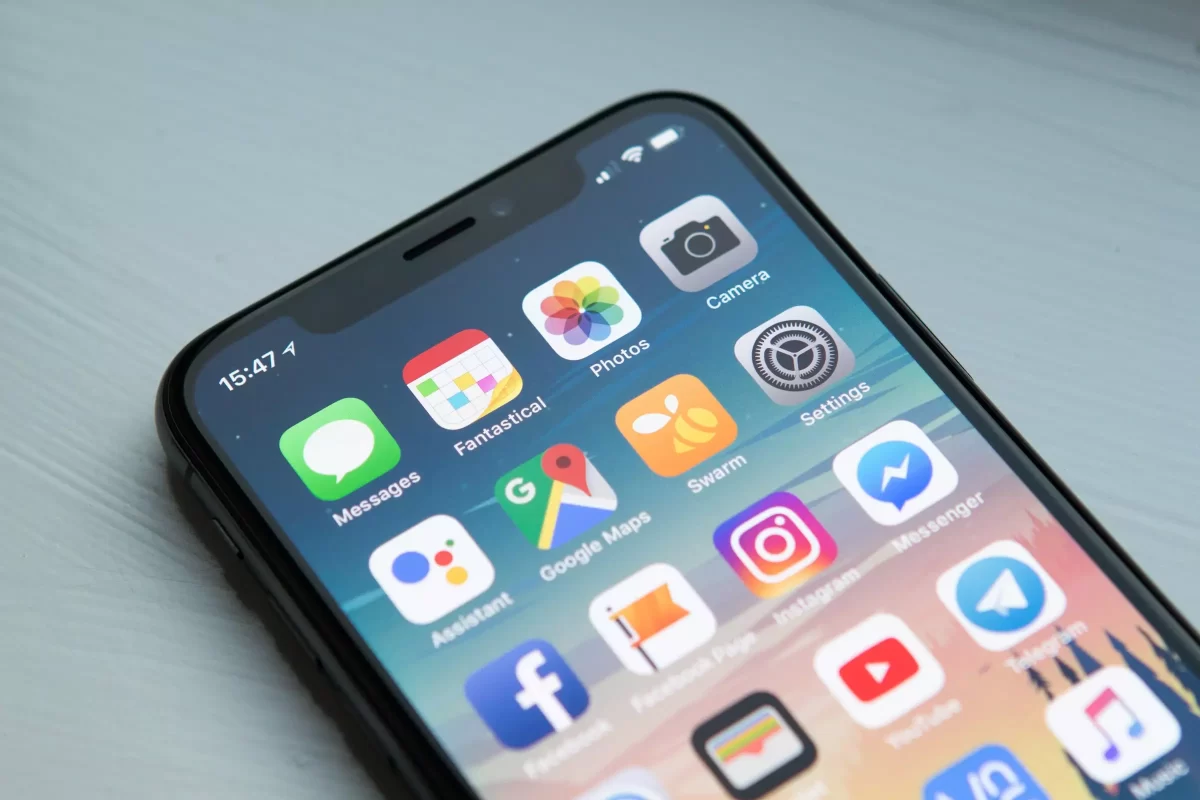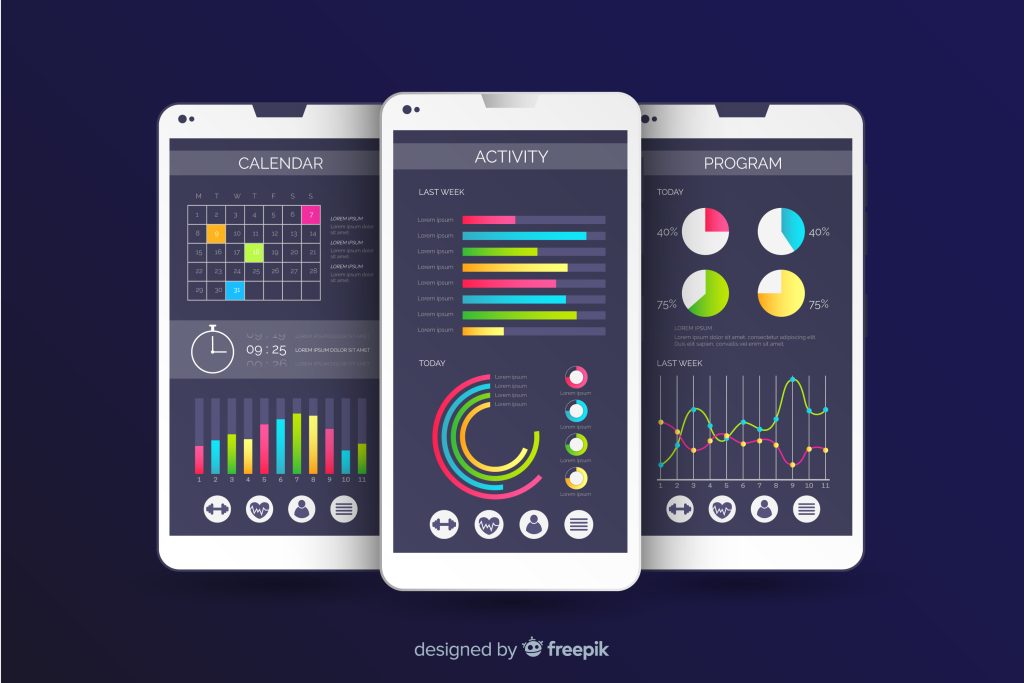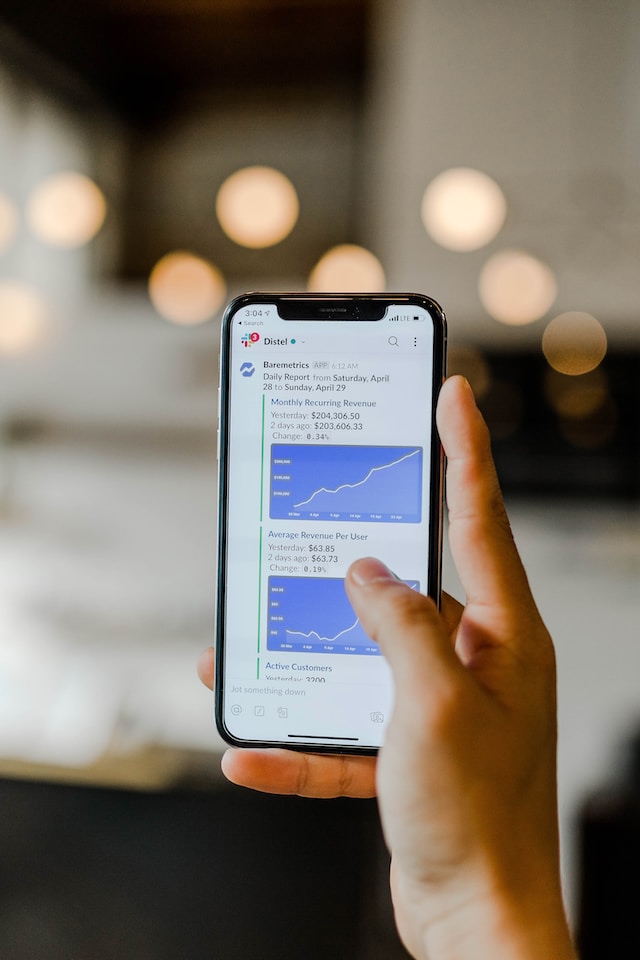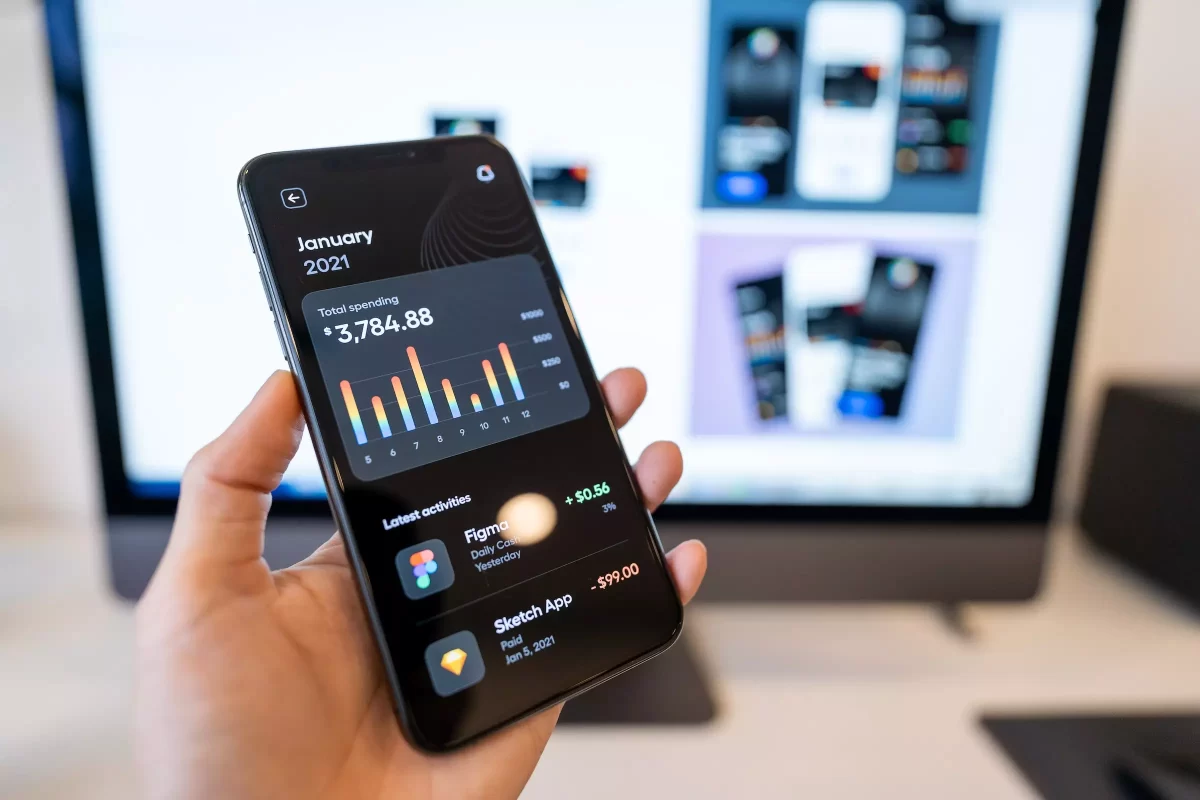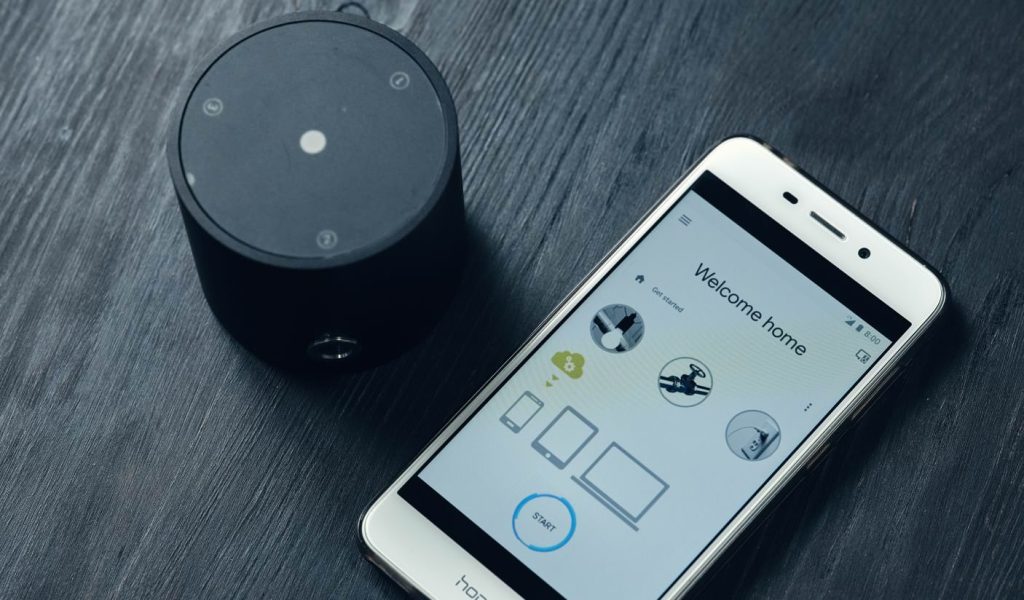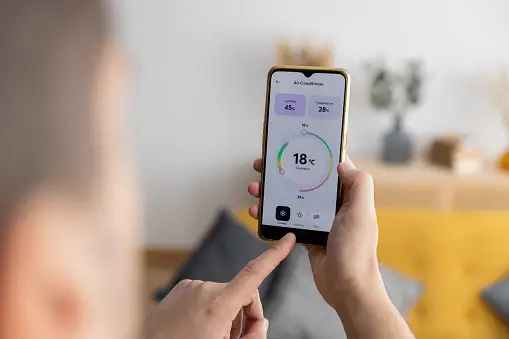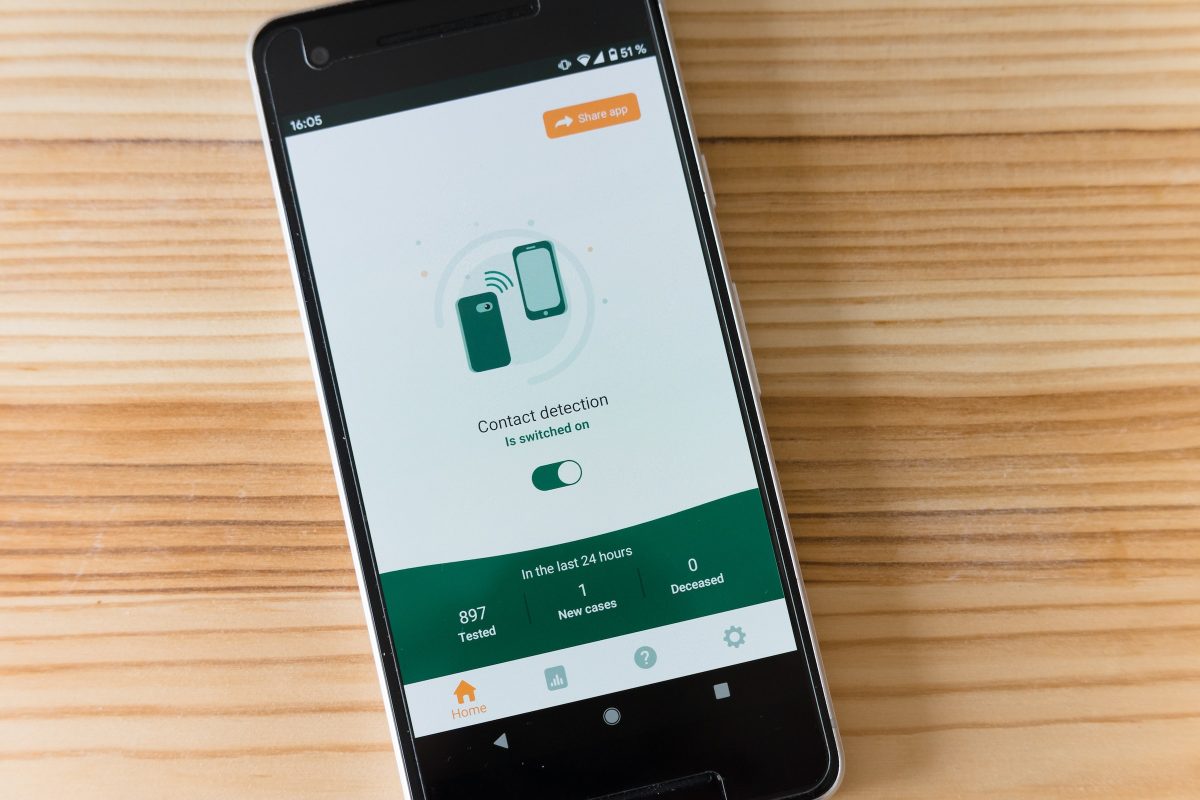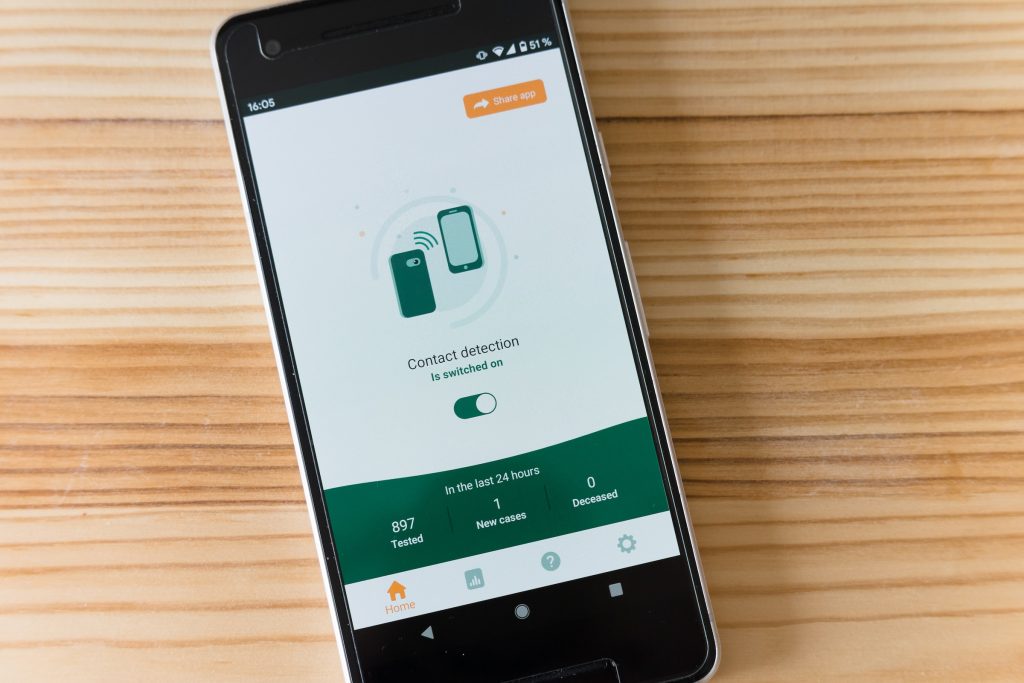In 2015, Facebook launched an internal project, React native, which gained popularity, as developers can make mobile apps by using the React framework and JavaScript. It was open source the same year and was available for developers worldwide. After grasping a huge audience,
Google launched Dart developer as “Flutter” in 2018, which was open-source software development. Soon it gained popularity for its fast development, beautiful UI, and cross-platform interference.
Well, both of them have huge popularity in the software development world. How would we know what works best for us or which platform should be used as per our requirements?
Curious to know? How do they differentiate from each other? Let’s talk about it.
There are a few things that are common between them: They both work in cross-platform development. They both provide a framework for developers and provide instant results to avoid debugging, their major goal is to make work effective and efficient for the developers.

Some major differences between Flutter and React Native
Primary language:
- Flutter uses Dart language, which is a modern and object-oriented app.
- React native uses Javascript and React.
User interface (UI):
- Flutter is widget-based, highly customizable, consistent User Interference which gives a fresh and native look.
- React native uses a traditional native component-based approach. Which might cause small discrepancies when working cross-platform. For customizing the app, you have to use specific codes.
Performance:
- Flutter doesn’t need a bridge, it works on ARM code. Resulting in faster execution and smooth animation.
- React native has a bridge of Java script, which slightly lowers the performance, giving Flutter an edge over React native.
Development and debugging:
- Flutter works on “Hot Reload”, as you keep on coding you can visualize your work instantly.
- Reactive native works on “Fast Refresh”, write the code, refresh the page and there you go.
Community:
- Flutter has gained rapid popularity among startups and SMEs, who need to build mobile, web, and desktop applications from a single code base. It’s easy to use for beginners.
- React native has a wide range of mature developers. It has been around longer and has larger communities. It is adopted by numerous well-established companies and used for making many production apps.
Ecosystem and libraries:
Flutter has a growing ecosystem of packages and plugins, but it may not be as extensive as React Native’s ecosystem, which benefits from a larger community and the maturity of JavaScript and the React ecosystem.
And which companies prefer which framework.
It will help you decide which framework is preferred under the some circumstances.

Flutter is preferred by:
Google Assistant: the voice popup arises when you speak on your phone voice whether it’s an Android or iOS, google home and Google Assistant work on the framework of flutter.
Realtor.com: Need a house, want a listing? Flutter is what makes Relator.Com work at its ease.
The New York Times: New York Times works on Twitter, Ken Ken becomes accessible to all crossword do-ers by flutter framework.

React-native is preferred by:
Discord: It’s an internet portal technology (VoIP) for gamers, to share voice over internet portals via voice chat, instant messaging, and videos.
Pinterest: This network works on aesthetics, it’s a type of special network that merely works on text and images. The company noted an increase in “developer velocity” by being able to share codebases.
Instagram: It is owned by Facebook, so it’s pretty obvious that it works on React Native
Developers were able to share over 90% of their codebase between platforms for several features.
Certainly, both of them are unique in their own ways, it all depends on our preference. What framework, which language, and which platform is easy to use? Mindflare uses both platforms and develops mobile apps from relatable frameworks as asked by customers.
We believe diversity enhances the chances of learning and growing.
Let us know what you would prefer and why, Eager to know about your thoughts.

